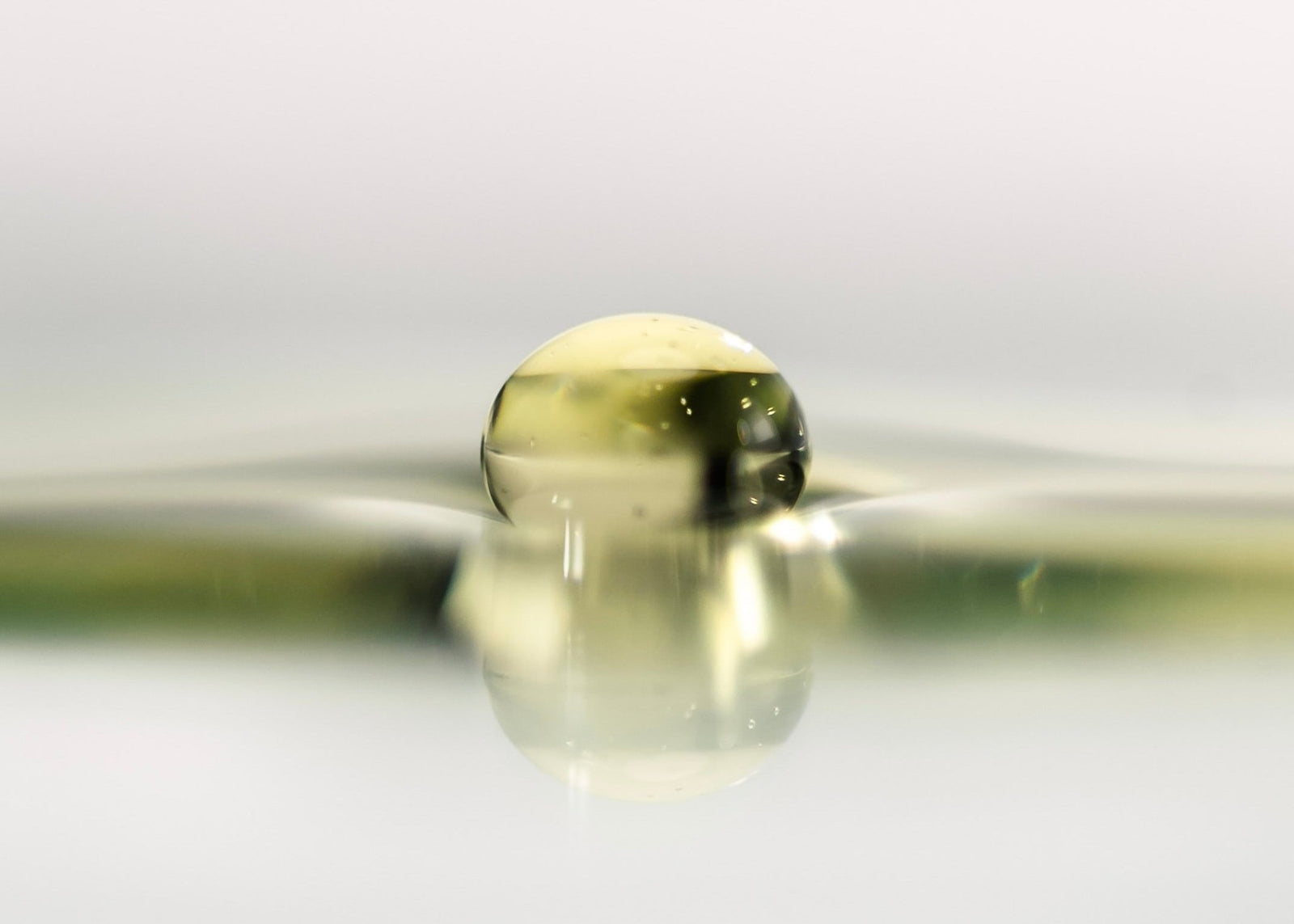
The Best Time to Apply Hyaluronic Acid
Hyaluronic acid, a naturally occurring substance in the human body, has gained significant attention in the skincare industry due to its exceptional hydrating properties. It's a potent humectant that attracts and retains moisture, promoting a plump, youthful appearance. But when is the best time to apply this wonder ingredient? Let's delve into the details.
Understanding Hyaluronic Acid
Before we discuss the optimal time to apply hyaluronic acid, it's crucial to understand what it is and how it works. Hyaluronic acid (HA) is a sugar molecule that occurs naturally in our skin, contributing to its moisture content and elasticity. However, the amount of HA in our bodies decreases as we age, leading to dryness and wrinkles.
Topical hyaluronic acid products aim to replenish this lost moisture, improving skin hydration and reducing the appearance of fine lines. They come in various forms, including serums, creams, and lotions, and can be used by all skin types due to their gentle, non-irritating nature.
The Benefits of Hyaluronic Acid
HA offers numerous benefits for the skin, including:
- Hydration: As a humectant, HA draws water to the skin and holds it there, providing intense hydration.
- Smoothness: By filling in the spaces between skin cells, HA smooths out the skin surface, reducing the appearance of fine lines and wrinkles.
- Plumpness: The hydration provided by HA adds volume to the skin, giving it a plump, youthful appearance.
- Healing: HA also promotes skin healing and repair, making it beneficial for acne-prone and sensitive skin types.
When to Apply Hyaluronic Acid
Now that we understand what hyaluronic acid is and its benefits, let's discuss the best time to apply it. The optimal time to use HA largely depends on the type of product you're using and your skincare routine. However, as a general rule, hyaluronic acid should be applied to damp skin to maximize its hydrating effects.
Here's a step-by-step guide on how to incorporate hyaluronic acid into your skincare routine:
- Cleanse: Start by cleansing your face with a gentle, pH-balanced cleanser to remove dirt, oil, and makeup.
- Tone: Apply a toner to balance your skin's pH and prepare it for the following treatments.
- Apply Hyaluronic Acid: While your skin is still damp from the toner, apply your hyaluronic acid product. This will help the HA to draw in the moisture and lock it into your skin.
- Moisturize: Follow up with a moisturizer to seal in the hyaluronic acid and provide additional hydration.
Applying Hyaluronic Acid in the Morning vs. Night
Should you apply hyaluronic acid in the morning or at night? The answer is both. Hyaluronic acid can be used twice a day, in the morning and at night, to keep your skin hydrated all day long. However, if you're using a hyaluronic acid serum in the morning, make sure to follow it up with a sunscreen to protect your skin from UV damage.
At night, hyaluronic acid works in tandem with your body's natural repair process to replenish moisture and restore your skin's health. Therefore, applying a hyaluronic acid product before bed can help you wake up with refreshed, hydrated skin.
Choosing a Hyaluronic Acid Product
With so many hyaluronic acid products on the market, choosing the right one can be overwhelming. Here are some tips to help you make an informed decision:
- Look for "Hyaluronic Acid" in the Ingredients List: Make sure that hyaluronic acid is listed as one of the main ingredients. Some products may use sodium hyaluronate, a salt form of HA that has smaller molecules and can penetrate the skin more deeply.
- Consider Your Skin Type: While HA is generally suitable for all skin types, some products may contain additional ingredients that cater to specific skin concerns. For example, if you have acne-prone skin, you might want to choose a product with added salicylic acid.
- Opt for Sustainable and Natural Ingredients: Whenever possible, choose products that use natural and sustainable ingredients. Not only are these better for the environment, but they're often gentler on the skin as well.
In conclusion, hyaluronic acid is a versatile skincare ingredient that can be used at any time of the day to boost skin hydration. By incorporating it into your daily skincare routine, you can enjoy a smoother, plumper, and more youthful complexion.













